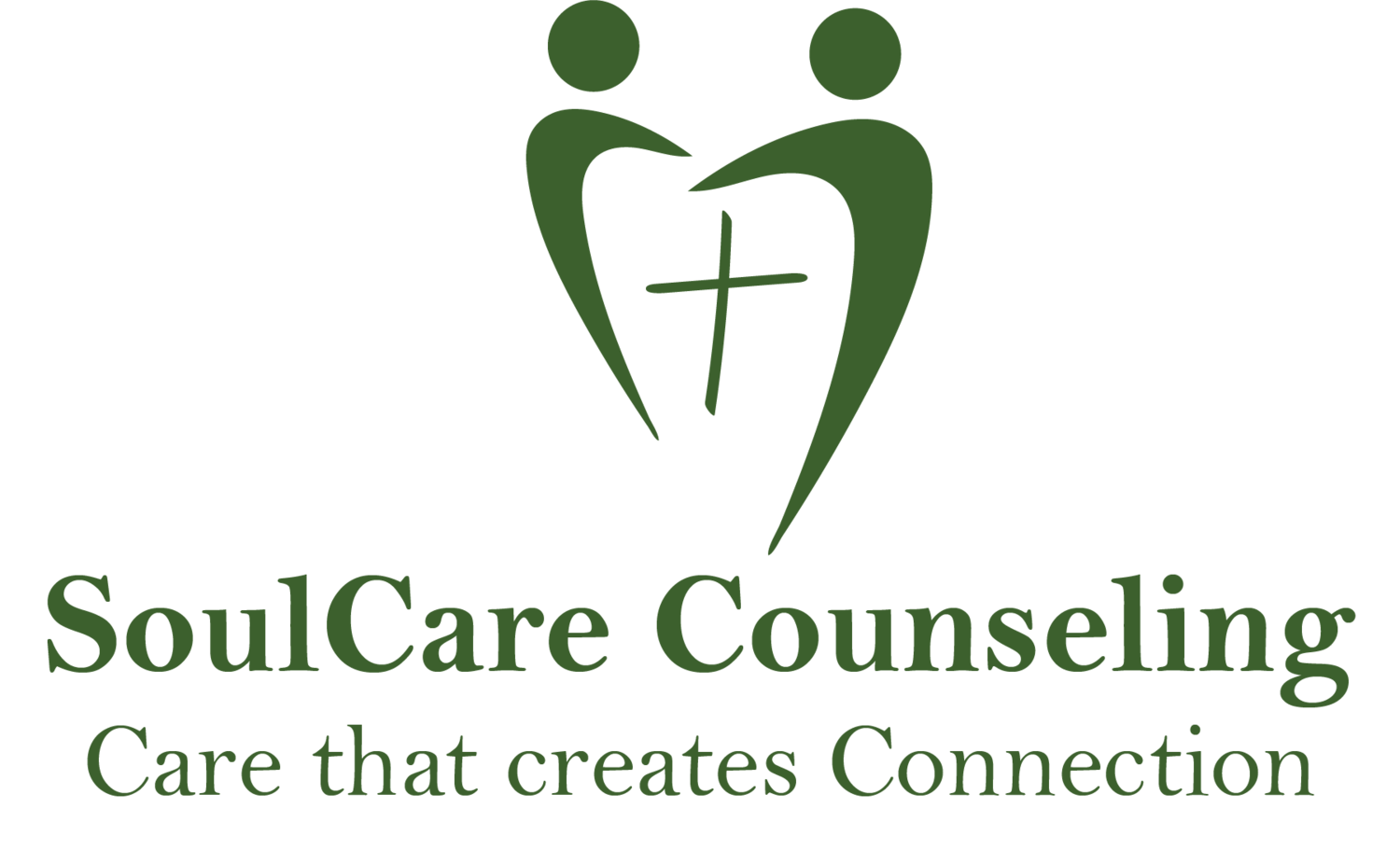Depression In Men
The National Institute of Mental Health reports that 17.3 million adults in the United States, 7.1% of all U.S. adults, have had at least one major depressive episode. It occurs roughly equally in men and women, with women skewing slightly higher. However, men experience depression and respond to depression differently than women. In this blog, I will focus on depression in men.
Depression In Men: What Is Depression?
To understand depression in men, first we must understand what depression is. According to the Mayo Clinic, “Depression is a mood disorder that causes a persistent feeling of sadness and loss of interest. Also called major depressive disorder or clinical depression, it affects how you feel, think, and behave and can lead to a variety of emotional and physical problems. You may have trouble doing normal day-to-day activities, and sometimes you may feel as if life isn't worth living.”
Depression is more than having the blues or feeling sad. It’s not a weakness or flaw in your personality and it’s not something you can just snap out of. It doesn’t pass in a couple of days; it persists. When it persists for at least two weeks, a man may be diagnosed with depression.
The Differences Between Depression In Men And In Women
Both men and women suffer from depression, but the responses of men and women to it are different. Women are much more likely to recognize depression and seek help. Depression in men is something that men often don’t realize or admit that they are suffering from, and if they do, they are much less likely to seek help. This may be one reason why the suicide rate among men is four times that of women.
The symptoms of depression in men are also experienced differently than in women. Women will usually exhibit softer, more vulnerable emotions that are easily identified with depression, such as sadness. Men will typically show harder, more volatile emotions of anger, aggression, or irritability. Because we don’t connect those hard emotions with depression, it is not unusual for friends, family, and even doctors to be unaware that the man is suffering from depression.
Signs Of Depression In Men
The following are some characteristic symptoms of depression in men:
Anger, aggression, irritability
Anxiety, restlessness, edginess
Malaise, emptiness, hopelessness, meaninglessness
Loss of appetite and weight loss; or increased appetite and weight gain
Tired all the time, low energy
Trouble sleeping
Increased or decreased movement, faster than normal or slower than normal
Lowered interest in their work, family, or favorite activities
Trouble concentrating, remembering things, or making decisions
Low self-esteem/self-worth, misplaced or unnecessary feelings of guilt
Suicidal ideation
These symptoms may have accompanying physical indicators such as backaches, headaches, body aches, digestive problems, decreased sexual desire/performance, or high blood pressure. The man might stay at work longer than usual, watch too much TV, have an affair, abuse drugs or alcohol, become violent, or engage in risky behaviors.
Causes Of Depression In Men
Depression can be caused by a combination of things including:
A family history of depression
Life stresses such as financial problems, loss of a loved one, relationship distress, life changes
Serious Illnesses such as diabetes, cancer, heart disease, and Parkinson’s disease
Side effects of certain medications
Treatment For Depression In Men
The treatment for clinical depression in men or women is a combination of medication, where indicated, and psychotherapy (talk therapy). While a man often doesn’t recognize himself as having depression and tends to avoid talking about his feelings, it is usually friends and family members who are the key to getting him to visit a doctor or professional counselor for an evaluation. A doctor will do an examination to rule out physical conditions that may have symptoms similar to depression. The doctor will also be able to the depression is a side effect of certain medications.
After a diagnosis, medication will probably be prescribed. In cases of severe clinical depression, a doctor may also prescribe brain stimulation therapies such as Electroconvulsive Therapy (ECT) or Transcranial Magnetic Stimulation (TMS).
In addition to medication, psychotherapy is also helpful to treat the psychological effects of depression. Some types of psychotherapy are:
Cognitive Behavioral Therapy (CBT)
Interpersonal Therapy (IPT)
Problem-Solving Therapy
Emotionally Focused Therapy (EFT)
How To Help A Man With Depression
The first thing you can do is realize that he can’t just “walk it off.” He may in denial about his symptoms and may be resistant to getting professional help. Be patient and understanding with him, but encourage him and help him to find and make an appointment with a doctor or professional counselor. If he talks about suicide, do not ignore him. Call or make him call his doctor or therapist, 911, or the 24-hour National Suicide Prevention Lifeline at 1-800-273-TALK.
****
If you are suffering with depression, this is not a personal weakness of your character. It is a real condition that you must take seriously. Do not suffer in silence. Read about depression treatment, and take the first step toward the light by reaching out to us at SoulCare Counseling for a free thirty-minute consultation. Asking for help doesn’t mean you’re weak; it means you’re smart.
Dr. Bernis Riley holds a Doctor of Psychology degree, is a Licensed Professional Counselor – Supervisor, and is certified in Emotionally Focused Therapy. She is the Clinical Director/Supervisor at SoulCare Counseling.



